UN-backed tribunal set to announce long-awaited judgement in 2005 Hariri murder case
Tue 18 Aug 2020, 20:36:29
.jpg)
There is no evidence that Hezbollah's leadership or the Syrian government were involved in the 2005 bombing that killed former Lebanese prime minister Rafik Hariri, the Special Tribunal for Lebanon found on Tuesday. But the tribunal found main defendant Salim Ayyash, a member of Hezbollah, guilty of involvement in Hariri's death.
"The trial chamber is of the view that Syria and Hezbollah may have had motives to eliminate Mr. Hariri and his political allies, however there is no evidence that the Hezbollah leadership had any involvement in Mr. Hariri's murder and there is no direct evidence of Syrian involvement," said Judge David Re, reading a summary of the court's 2,600-page decision.
But the UN-backed tribunal in Leidschendam on the outskirts of The Hague found Salim Ayyash guilty of involvement in the suicide truck bombing that killed Hariri and 21 others on February 14, 2005. Another 226 people were injured in the huge blast, which took place outside a seaside hotel in Beirut.
A hearing will be held at a later date to determine Ayyash's sentence. As the court has no death sentence, the maximum sentence is life
imprisonment.
imprisonment.
There was insufficient evidence against three other Hezbollah members charged as accomplices in the bombing and they were acquitted, the tribunal said.
Prime minister Hariri's death set the stage for years of confrontation between Lebanon's rival political forces, notably with Iran-backed Shiite Muslim group Hezbollah. Hariri was Lebanon’s most prominent Sunni politician at the time of his assassination.
The verdicts were delayed by nearly two weeks as a mark of respect for victims of another devastating explosion – the massive Beirut port blast that killed around 180 people and injured thousands more on August 4, plunging a nation already reeling from economic and social malaise even deeper into crisis.
The court ruling threatens to compound the political tensions in the country.
The trial centred on the alleged roles of four Hezbollah members in the suicide truck bombing that killed Hariri. Prosecutors based their case largely on data from mobile phones allegedly used by the plotters to plan and execute the bombing. The men were charged with offences including conspiracy to commit a terrorist act.
No Comments For This Post, Be first to write a Comment.
Most viewed from International
Most viewed from World
AIMIM News
Latest Urdu News
Most Viewed
May 26, 2020
Can Lionel Messi's visit boost Indian football?
Latest Videos View All
Like Us
Home
About Us
Advertise With Us
All Polls
Epaper Archives
Privacy Policy
Contact Us
Download Etemaad App
© 2026 Etemaad Daily News, All Rights Reserved.



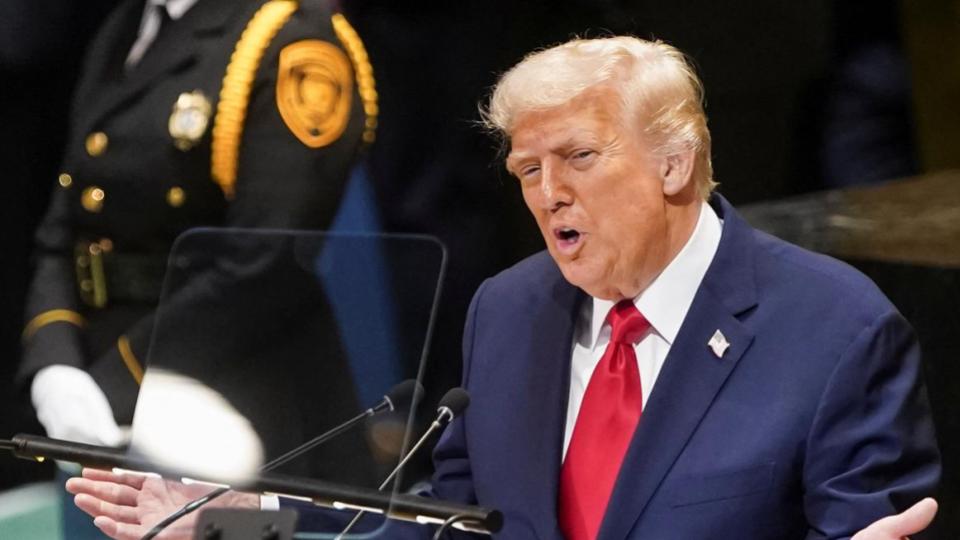



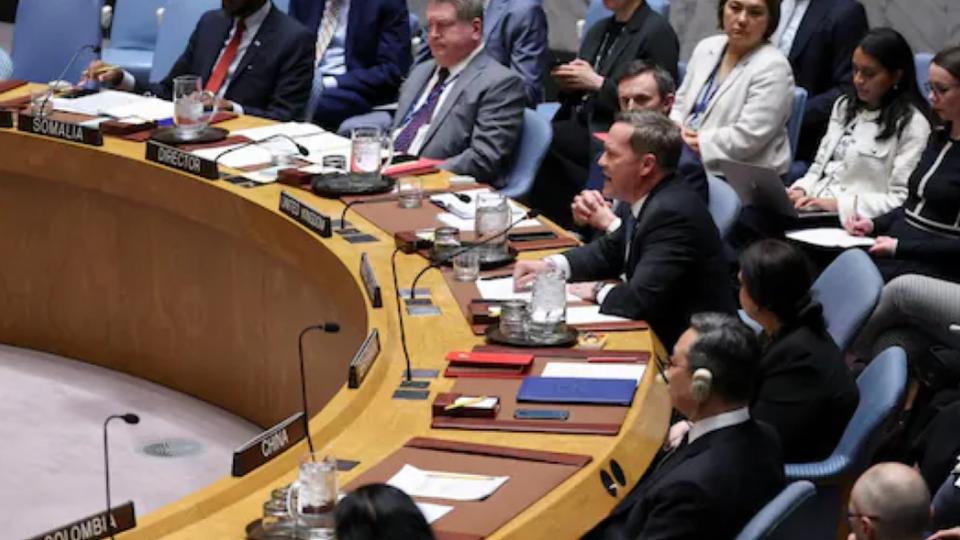




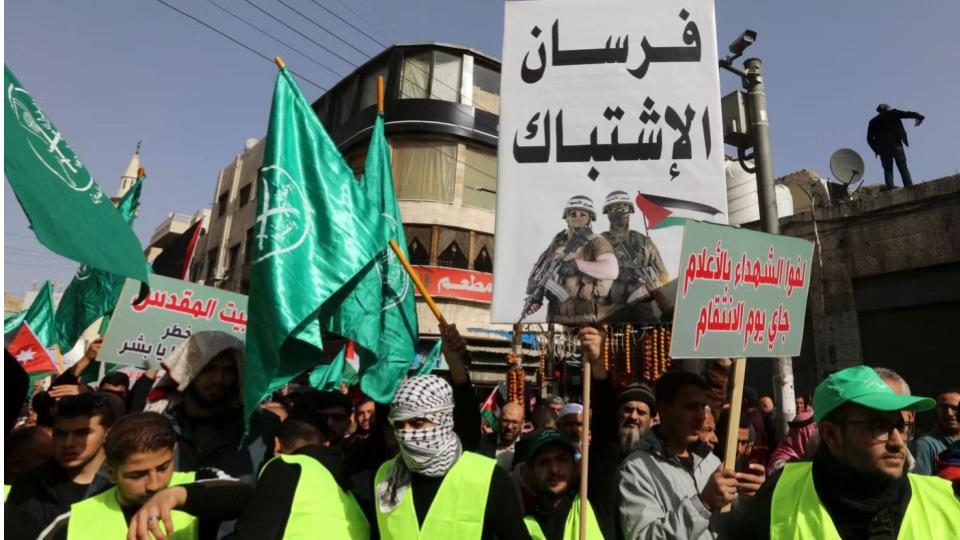
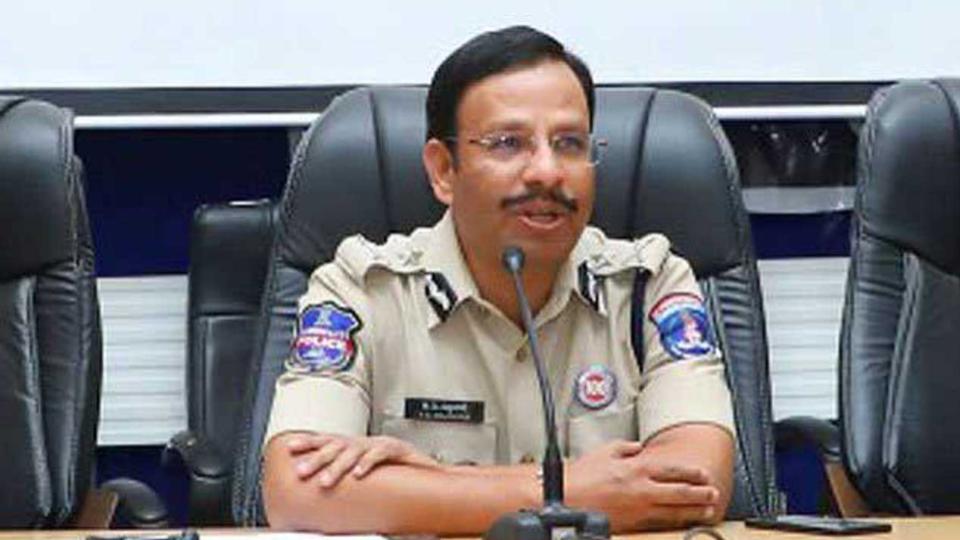
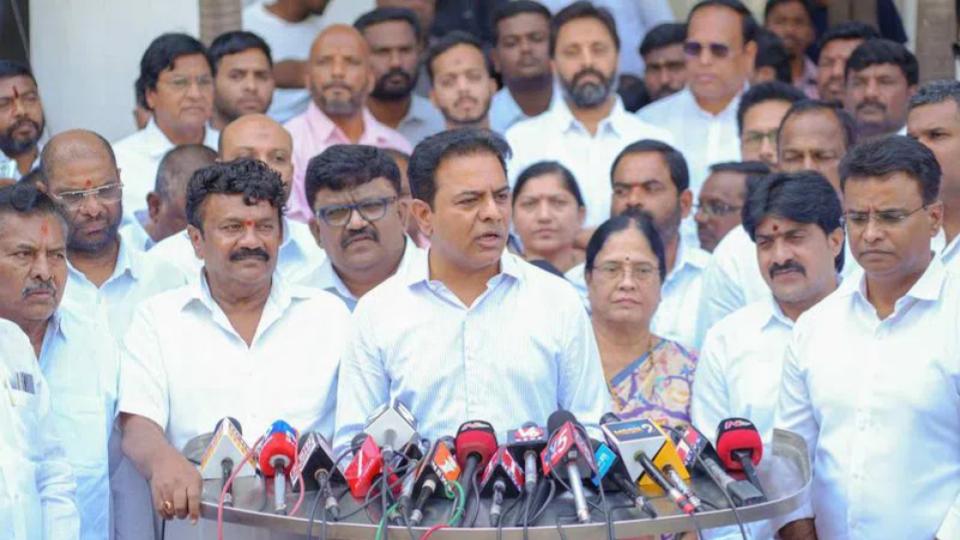





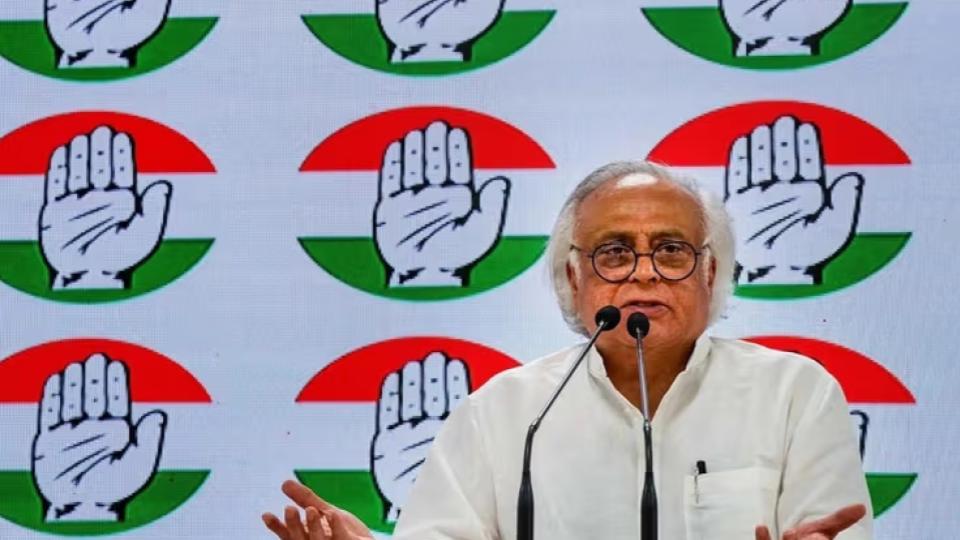



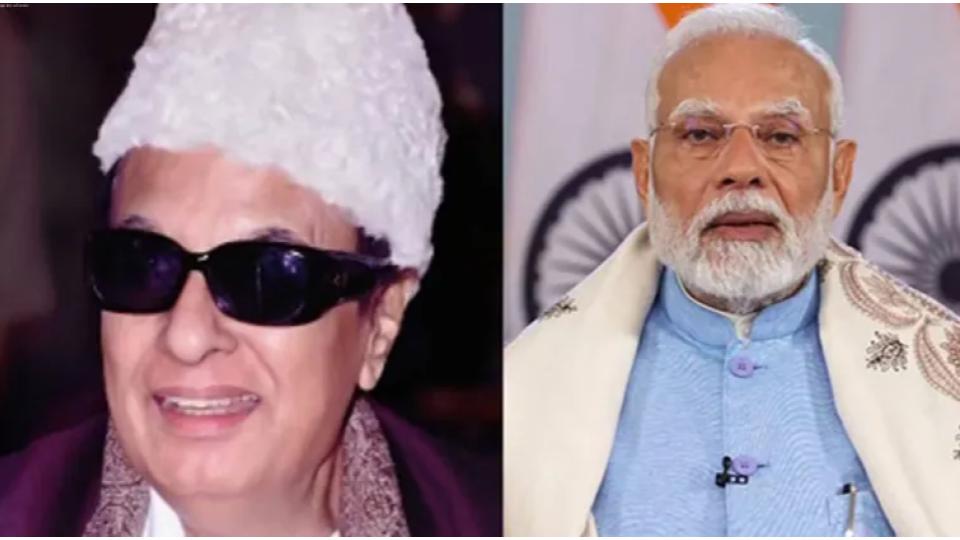












.jpg)
.jpg)
.jpg)


